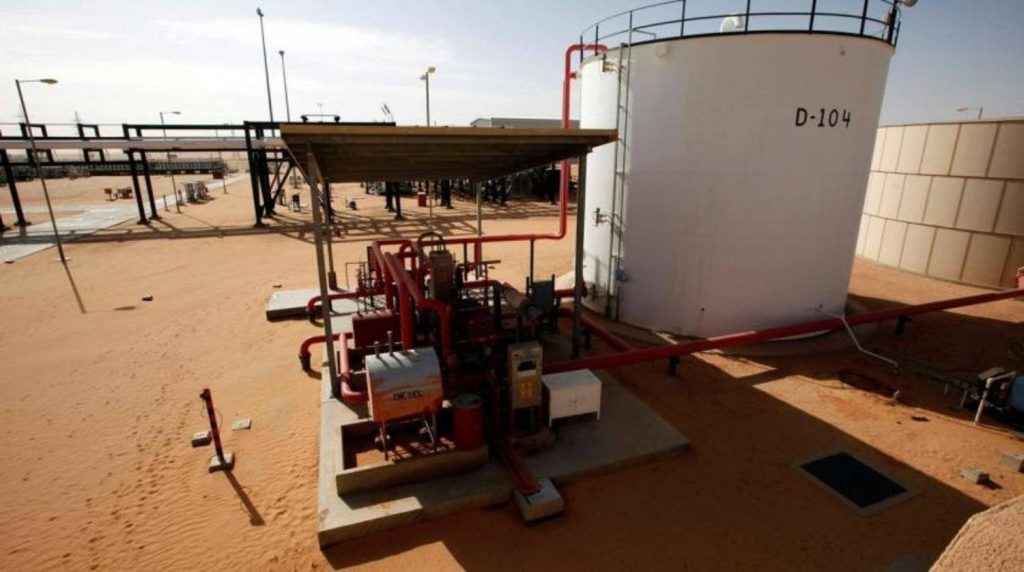Oil exports in Libya decreased by 81% last week, according to data from Kpler. The country’s National Oil Corporation (NOC) cancelled cargoes due to an ongoing crisis surrounding the control of the central bank and oil revenues.
The standoff emerged last month when factions in western Libya attempted to oust the long-serving central bank governor, prompting eastern factions to respond with a complete shutdown of oil production.
As a result, Libyan ports exported an average of 194,000 barrels per day (bpd) of crude last week, a sharp drop from over one million bpd in the previous week, according to Kpler’s figures.

Despite an agreement between Libya’s two rival legislative bodies last week to appoint a new central bank governor within 30 days, the situation remains unpredictable. The United Nations Support Mission in Libya (UNSMIL), which is working to mediate the crisis, announced it would resume talks in Tripoli today.
NOC, which is responsible for managing the country’s oil resources, has not yet declared force majeure across all its ports; instead, it is opting to apply it to individual cargoes, according to trading sources familiar with the situation. The company did not provide immediate comment.
Earlier, on September 2, the NOC declared force majeure at the El Feel oilfield and on exports from the Sharara oilfield on August 7, before the current crisis over the central bank escalated.
Last week, NOC cancelled several shipments from the Es Sider terminal, and sources reported additional cancellations of Amna and Brega crude cargoes. Some tankers have been permitted to load crude from storage at Libyan ports to fulfil contractual agreements and avoid penalties, according to an NOC insider.
On August 28, NOC reported that Libya’s oil production had already fallen by more than half, dropping to approximately 590,000 bpd. Current production levels remain unclear.


